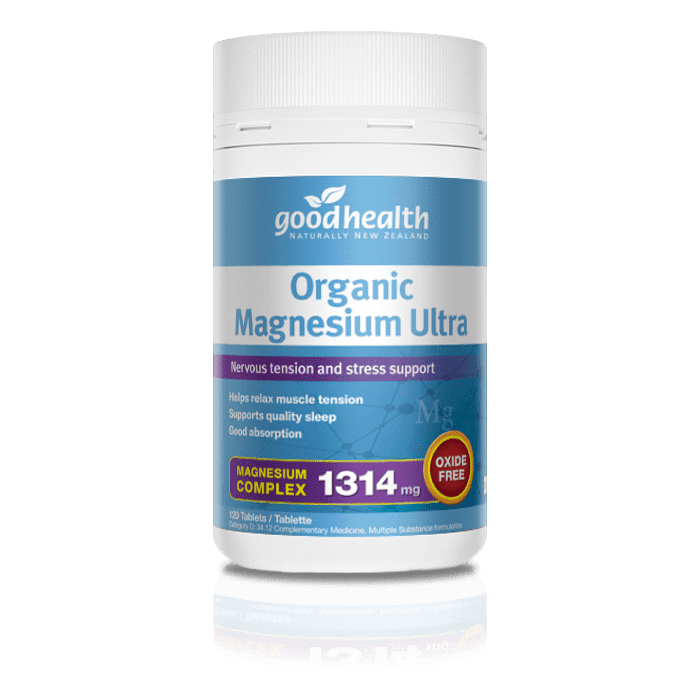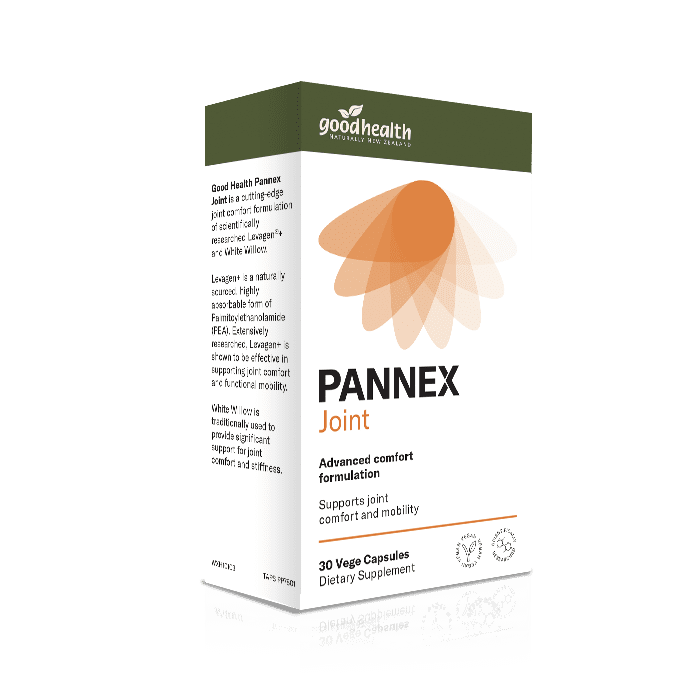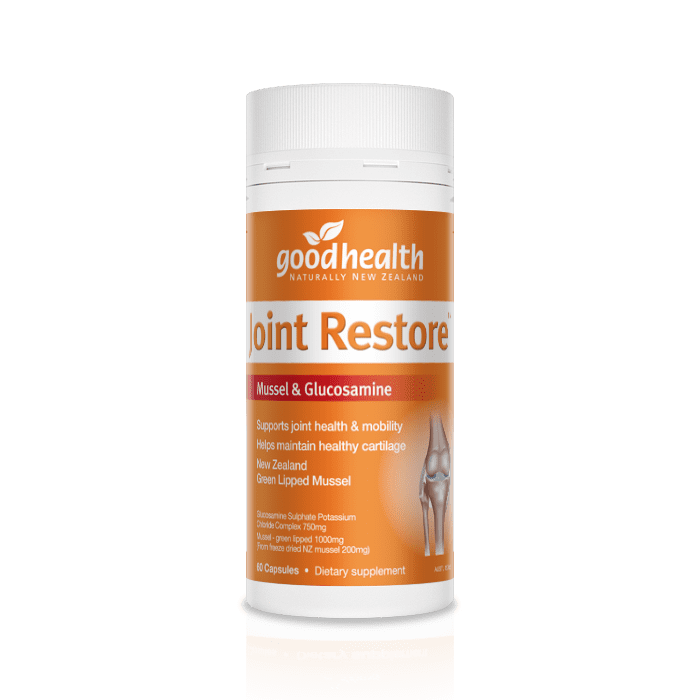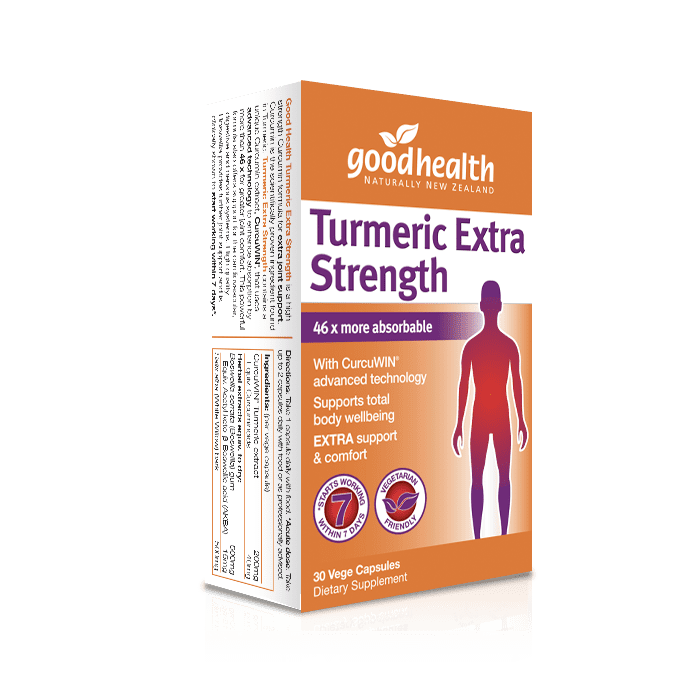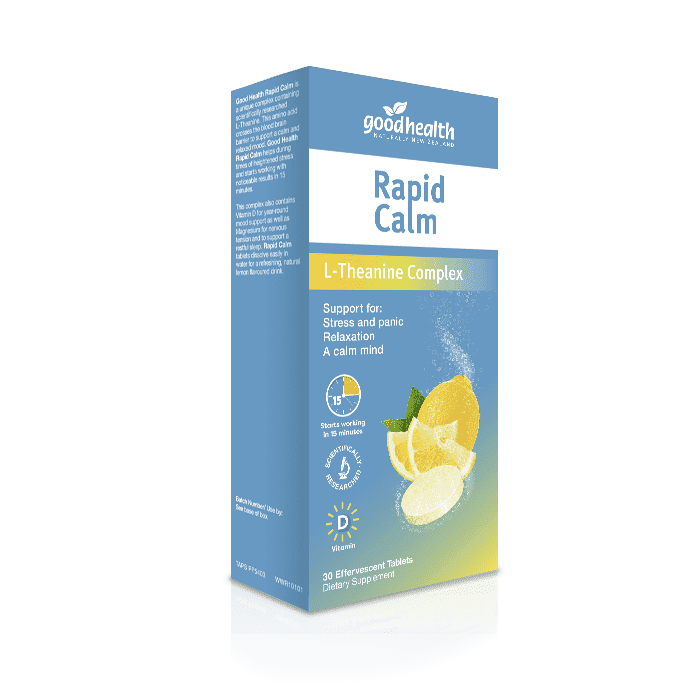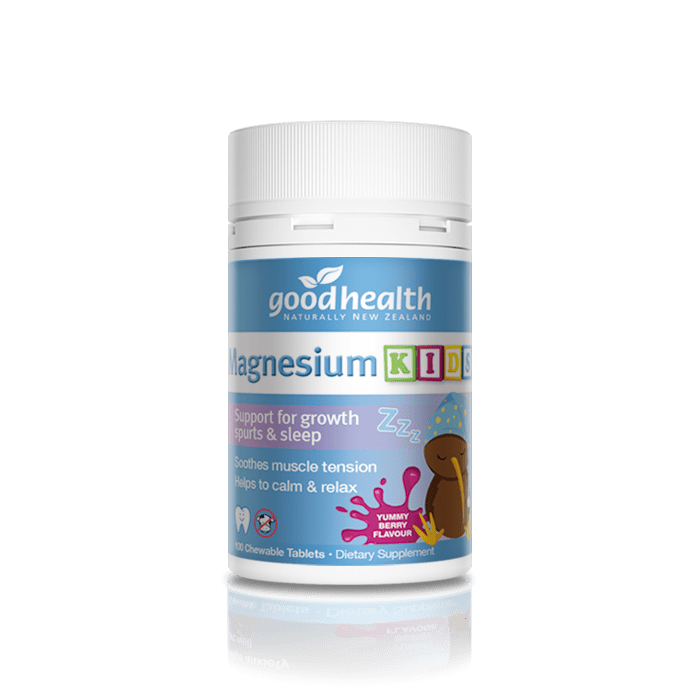Goodhealth. Do more of what you love.
Busy lifestyles mean we often don’t have as much time to dedicate to self-care as we would like. When you’re not feeling at your best, or you simply need a pick-me-up your body will love, Goodhealth can help. Our extensive product range incorporates a myriad of different ingredients to target every area of your body.
